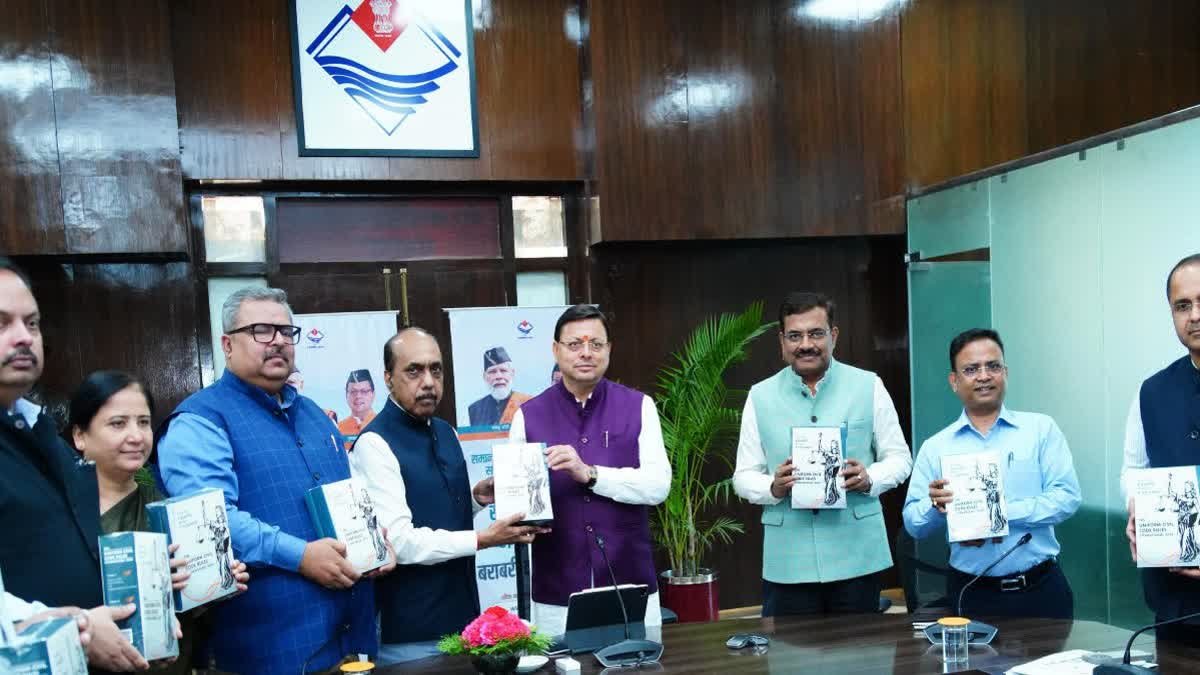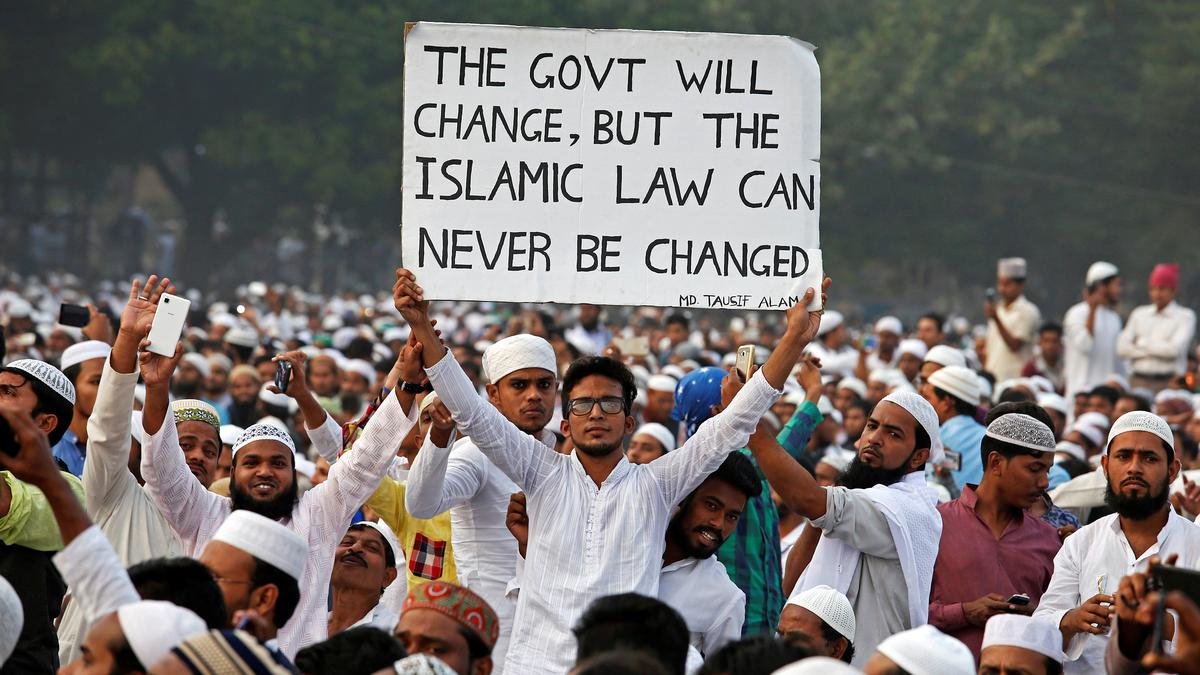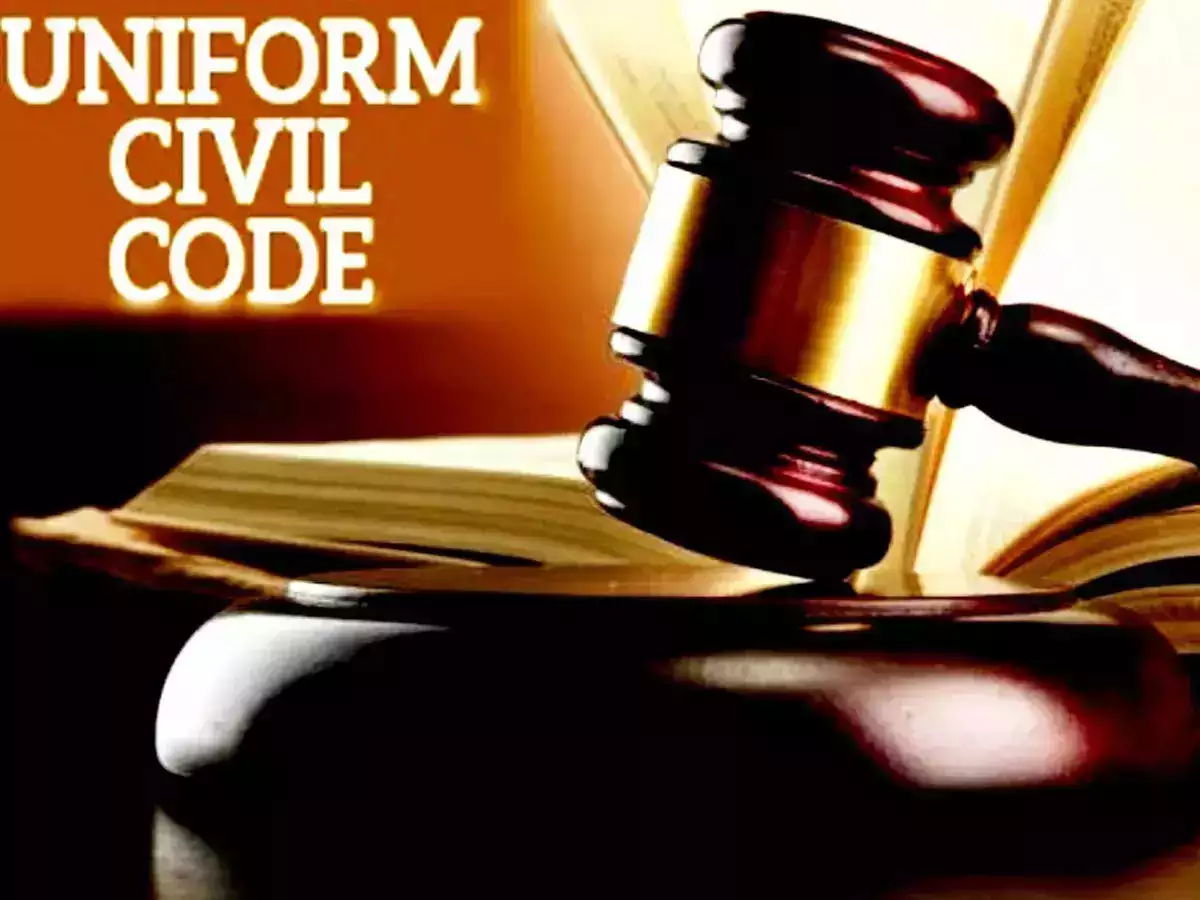The Uniform Civil Code (UCC) has been one of the most debated and contentious issues in India’s socio-political landscape. Rooted in the idea of unifying personal laws across religions and communities, the UCC aims to replace diverse religious laws with a single legal framework governing marriage, divorce, inheritance, and adoption, among other civil matters. Proponents see it as a progressive step toward equality and national integration, while critics argue that it may erode cultural and religious diversity.
In recent years, the UCC has regained prominence, with political parties, social organizations, and the judiciary discussing its feasibility and necessity. As India moves toward drafting and potentially implementing the UCC, it is essential to delve into its history, objectives, challenges, and the latest developments shaping the discourse.
Historical Context of the Uniform Civil Code
The concept of the UCC finds its roots in the colonial era. The British administration, recognizing the diversity of personal laws in India, refrained from interfering significantly in religious practices. However, the codification of Hindu and Muslim personal laws in the 19th century sowed the seeds of future debates on uniformity in civil matters.
Post-independence, the framers of the Indian Constitution included Article 44, which states: “The State shall endeavor to secure for the citizens a uniform civil code throughout the territory of India.” This provision was placed under the Directive Principles of State Policy, making it non-justiciable but indicative of the government’s long-term vision.
Despite its inclusion, successive governments have hesitated to implement the UCC due to the sensitive nature of religion in Indian society and the potential for backlash from various communities.

Why the UCC Matters Today
The Uniform Civil Code is not just a legal issue; it represents broader questions of equality, secularism, and social justice. Here are the primary reasons why it has become a topic of urgent relevance:
- Gender Equality:
Personal laws in India are often criticized for being patriarchal and discriminatory. For instance, practices like triple talaq (now outlawed), unequal inheritance rights, and polygamy have long been debated as violative of gender justice. The UCC aims to establish equal rights for men and women across all communities. - National Integration:
A unified set of civil laws is seen as a step toward fostering national integration. By treating all citizens equally under a single framework, the UCC seeks to reinforce the idea of one nation, one law. - Judicial Overburdening:
India’s judiciary has frequently intervened in cases related to personal laws, resulting in conflicting interpretations and legal precedents. The UCC could help streamline civil matters, reducing litigation and easing the judicial burden. - Secularism in Practice:
Supporters argue that a UCC is essential for India to uphold its secular credentials, ensuring that laws are not based on religious identity but on constitutional principles.
Challenges in Implementing the UCC
While the UCC has noble intentions, its implementation is fraught with challenges:
- Cultural and Religious Diversity:
India is home to myriad communities, each with its own distinct traditions and practices. The imposition of a uniform code is seen by some as a threat to this cultural mosaic. - Political Sensitivity:
Political parties often approach the UCC cautiously, fearing a loss of support from specific communities. This has resulted in delays and a lack of consensus on the issue. - Misperceptions and Misinformation:
Critics often portray the UCC as an attack on minority rights, leading to resistance even before detailed drafts or discussions take place. - Complexity of Drafting:
Formulating a UCC that respects constitutional values while accommodating cultural sensitivities is a monumental task. Striking a balance between uniformity and diversity is no easy feat.

Recent Developments on the Uniform Civil Code
The debate around the UCC has gained renewed momentum in recent years, fueled by legal interventions, political commitments, and public discourse. Here are some of the latest developments:
1. Political Push for the UCC
The ruling Bhartiya Janata Party (BJP) has consistently supported the implementation of the UCC, citing it as a promise in its election manifestos. In 2023, the government reiterated its commitment, stating that the UCC is essential for gender justice and national integration. Several state governments, including Uttarakhand, have initiated discussions and expert committees to examine the feasibility of implementing the UCC at the state level.
2. Supreme Court’s Observations
The judiciary has played a crucial role in keeping the UCC debate alive. In recent years, the Supreme Court has repeatedly called for a UCC, emphasizing the need for gender equality and secularism. In landmark judgments like the Shah Bano case (1985) and Shayara Bano case (2017), the court highlighted the shortcomings of personal laws and urged the government to take steps toward uniformity.
3. State-Level Initiatives
In 2024, Uttarakhand became the first state to release a draft of its proposed Uniform Civil Code. The draft, prepared after extensive consultations, covers issues such as marriage, divorce, inheritance, and adoption. The state’s initiative has sparked similar discussions in Gujarat, Madhya Pradesh, and Uttar Pradesh. While these efforts are still in their infancy, they indicate a growing willingness to experiment with the UCC at the state level before national implementation.
4. Public Sentiment and Debates
Public opinion on the UCC remains divided. While many urban and progressive voices advocate for its implementation as a step toward modernity and equality, rural and traditional communities often express apprehension. Social media and civil society organizations have become battlegrounds for debates, highlighting both the potential benefits and pitfalls of the UCC.
Features of a Potential Uniform Civil Code
Although no official draft of the UCC has been released at the national level, discussions have highlighted key features that a potential code might include:
- Marriage and Divorce:
Uniform regulations for marriage and divorce, applicable to all communities, ensuring gender equality and removing discriminatory practices. - Inheritance and Succession:
Equal inheritance rights for men and women, eliminating gender-based disparities in property laws. - Adoption and Guardianship:
A common framework for adoption and guardianship, prioritizing the best interests of children. - Property and Maintenance Rights:
Comprehensive provisions to ensure fairness in the distribution of marital property and maintenance obligations. - Gender-Neutral Laws:
Emphasis on making civil laws gender-neutral, moving beyond binary perspectives to include diverse identities.

Arguments For and Against the UCC
Arguments in Favor:
- Promotes equality and justice across all sections of society.
- Streamlines legal procedures, reducing ambiguity and conflicts.
- Strengthens national unity by removing religious biases in civil laws.
Arguments Against:
- Risks eroding cultural and religious diversity.
- May face resistance from communities fearing loss of autonomy.
- Requires careful drafting to avoid unintended consequences.
The Road Ahead
The implementation of the UCC is a complex and sensitive endeavor that requires meticulous planning, widespread consultations, and consensus-building. Policymakers must ensure that the UCC does not alienate any community or infringe upon cultural identities.
Transparent dialogue, involving religious leaders, legal experts, and civil society, is essential to address concerns and build trust. Lessons can also be drawn from countries like Turkey and Tunisia, where uniform civil codes have been successfully implemented.
At the same time, the government must prioritize education and awareness campaigns to dispel myths and misperceptions surrounding the UCC. By framing the debate around constitutional values rather than political agendas, India can pave the way for a more inclusive and equitable legal framework.
Conclusion
The Uniform Civil Code represents both an opportunity and a challenge for India. While its implementation could mark a significant step toward equality and secularism, it must be approached with caution and sensitivity to the nation’s diversity.
As discussions continue, the UCC has the potential to bridge gaps between tradition and modernity, creating a unified yet inclusive legal system. The journey toward its realization will not be easy, but with perseverance and a commitment to justice, India can navigate this transformative path with success.
